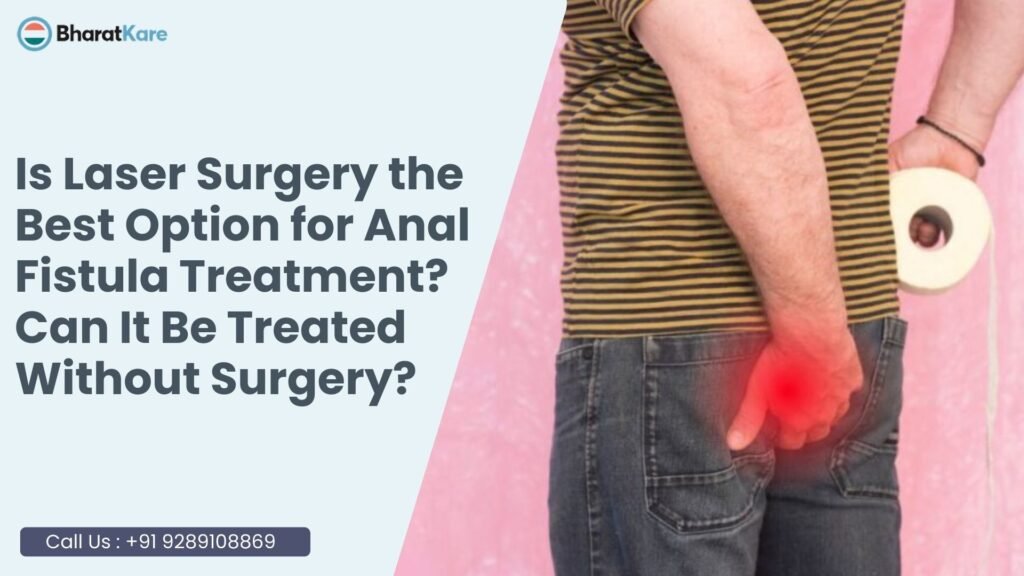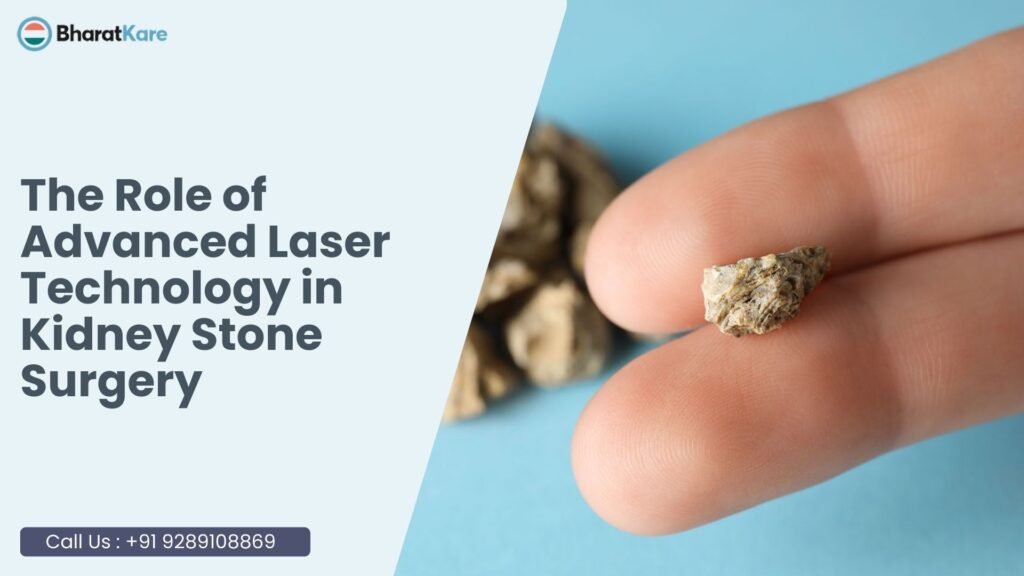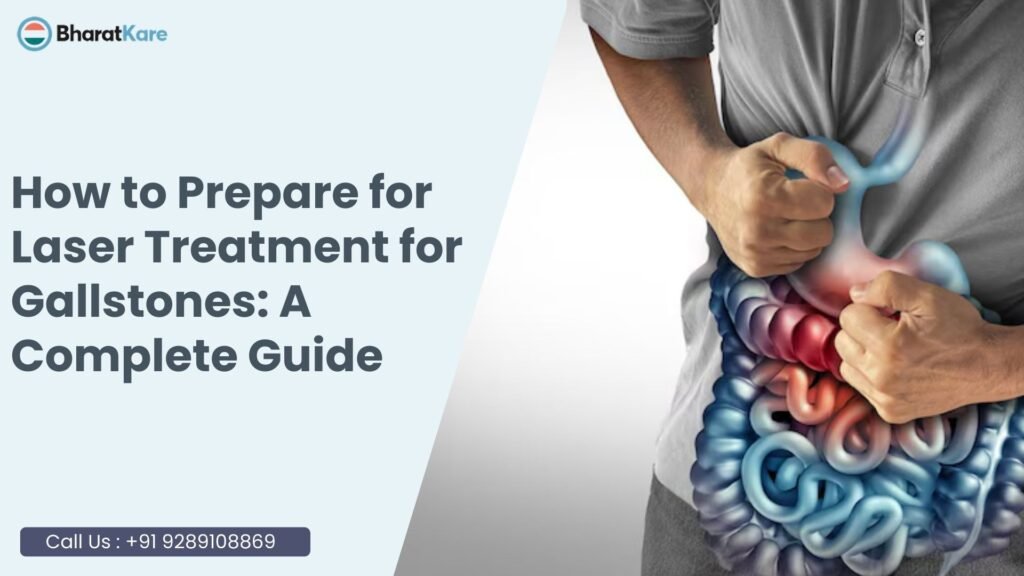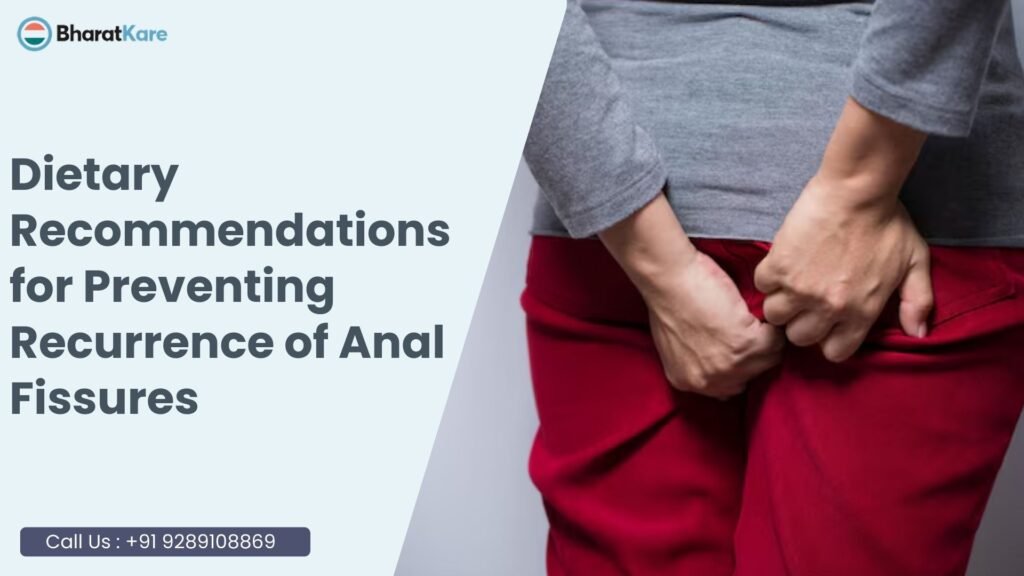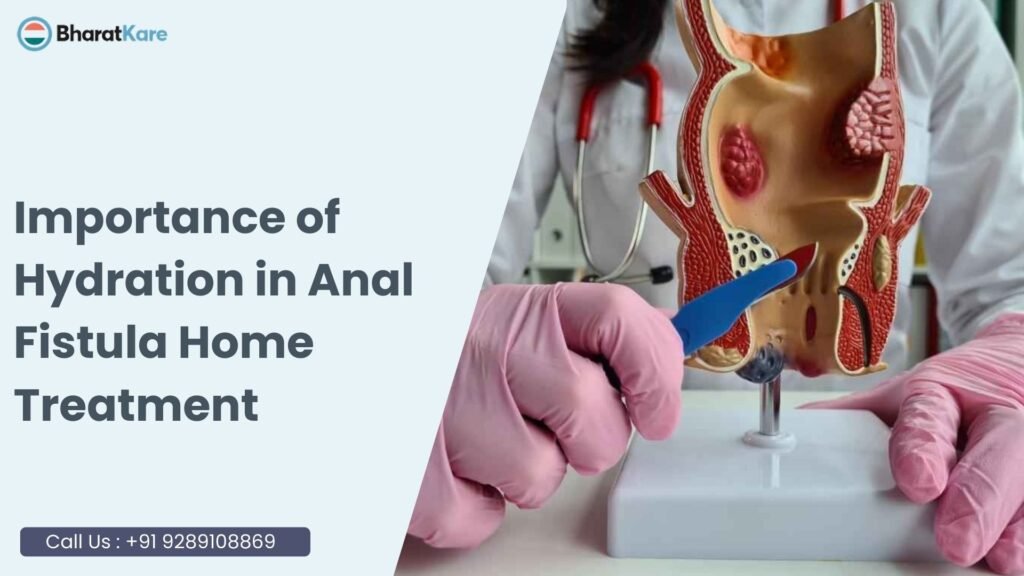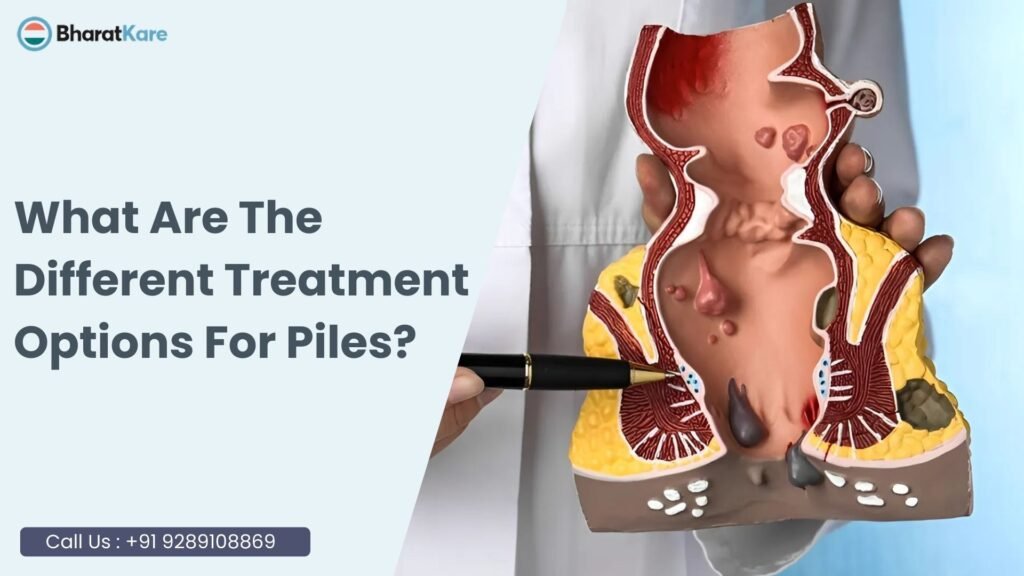Anal Fistula Treatment – Surgical and Non-Surgical Options
Anal Fistula Treatment – Surgical and Non-Surgical Options Anal fistulas are a distressing medical condition that can cause significant pain and discomfort. They occur when an abnormal tunnel forms between the anal canal and the skin near the anus, often due to an infection or abscess. Understanding the available treatment options is essential for those suffering from this condition, as effective treatment can help relieve symptoms and prevent complications. This comprehensive guide will explore various treatment methods, including anal fistula treatment without surgery, which is a preferred option for many patients seeking less invasive solutions. We will discuss the effectiveness of homeopathic treatment for anal fistula and whether non-surgical approaches can provide lasting relief. Additionally, we will delve into advanced surgical options such as laser surgery for anal fistula, a modern technique that offers quicker recovery and minimal pain compared to traditional surgery. Beyond treatment options, this guide will also cover the symptoms and causes of anal fistulas, helping readers gain a deeper understanding of the condition. By learning about the warning signs and risk factors, individuals can seek timely medical intervention and choose the most suitable treatment approach. Call Us : +91 9289108869 Understanding Anal Fistula: Symptoms and Causes It is important to first know what an anal fistula is and how it happens before we get to the types of treatment. An anal fistula is an abnormal passage between the anal canal and the skin around the anus. The condition usually occurs as a result of an infection that leads to an abscess. If the abscess does not heal, it can develop into a fistula. Common Anal Fistula Symptoms Include: Persistent pain around the anus Swelling and redness near the anus Discharge of pus or blood Fever and general discomfort Pain on bowel movement Primary Anal Fistula Causes: Anal abscesses that do not heal Crohn’s disease or other inflammatory bowel disease Trauma or injury to the anal region Infections such as tuberculosis or sexually transmitted infections Treatment Options for Anal Fistula In the treatment of anal fistula treatment, there are different options that are available, ranging from surgery to non-surgical types of treatment. The type of treatment depends on the severity of the condition, the general health of the patient, and the complexity of the fistula. 1. Laser Surgery for Anal Fistula Laser surgery is a popular and minimally invasive procedure for anal fistula treatment. The surgery closes the fistula tract with laser energy to heal and prevent recurrence. Advantages of Laser Surgery: Less tissue damage from minimally invasive procedure Less postoperative pain and discomfort Shorter recovery period compared to conventional surgery Less risk of incontinence Disadvantages of Laser Surgery: More expensive compared to conventional procedures Specialized equipment and expertise required Not appropriate for complex or recurrent fistulas Although laser surgery for anal fistula is beneficial in many aspects, it’s always best to consult a specialist to assess whether it is the best procedure for your condition. 2. Traditional Anal Fistula Surgery Conventional surgery, such as fistulotomy or seton placement, has been the long-standing anal fistula treatment for decades. These surgeries open up the fistula tract or maintain the fistula open with a seton (piece of thread) and allow the fistula to drain. Advantages of Traditional Surgery: Best for complex or recurrent fistulas Less expensive compared to laser surgery Proven procedure with high success rate Disadvantages of Traditional Surgery: Longer recovery period Greater risk of incontinence Greater postoperative pain and discomfort 3. Non-Surgical Anal Fistula Treatment For those who do not want to undergo surgery, non-surgical management like homeopathic treatment for anal fistula and other conservative measures can be pursued. These interventions focus on alleviating symptoms and natural healing. Homeopathic Treatment for Anal Fistula: Homeopathy offers an integrated approach to anal fistula treatment by attacking the cause and overall health. Some of the most commonly prescribed homeopathic medications for anal fistula are Silicea, Myristica, and Hepar Sulph, which are said to minimize inflammation, improve drainage, and promote healing. Advantages of Homeopathic Treatment: Not invasive and natural No risk of surgical complications Can be combined with other treatments Disadvantages of Homeopathic Treatment: Can take time to respond Not suitable for severe or complicated fistulas Limited scientific evidence of its efficacy 4. Other Non-Surgical Options: Fibrin Glue Injection: A non-surgical method in which a special glue is injected into the fistula tract to seal it. Bioprosthetic Plug: A cone-shaped biologic plug is inserted to seal the fistula tract. Antibiotics: Used to manage infection but not as a definitive treatment for fistulas. Choosing the Right Treatment for Anal Fistula The decision on anal fistula treatment is based on a variety of factors including the nature and complexity of the fistula, the general health of the patient, and choice. While laser surgery for anal fistula offers a new and minimally invasive alternative, conventional surgery is best for complicated fistulas. Non-surgical alternatives like homeopathic treatment for anal fistula can be pursued in minor fistulas or as adjunct treatments. Factors to Consider When Choosing a Treatment: Severity of the Fistula: Complicated or recurrent fistulas may require surgery. Patient’s Health: Related conditions like Crohn’s disease may determine the treatment approach. Recovery Time: Recovery from laser surgery is shorter compared to conventional surgery. Cost: Non-surgical treatments and conventional surgery may be less expensive than laser surgery. Prevention and Management of Anal Fistula Treatment is inevitable, but prevention of recurrence of anal fistula and treatment of symptoms is also necessary. Here are some tips on prevention and treatment of anal fistulas: 1. Good Hygiene: Clean the anal area and dry it. Use warm water and mild, fragrance-free soap to wash. 2. Healthy Diet: Follow a high-fiber diet to prevent constipation. Drink enough water to stimulate regular bowel movements. 3. Don’t Strain During Bowel Movements: Take your time and don’t strain hard during bowel movements. Take a stool softener if necessary. 4. Regular Check-Up with Your Doctor: Regular check-ups can check the condition

